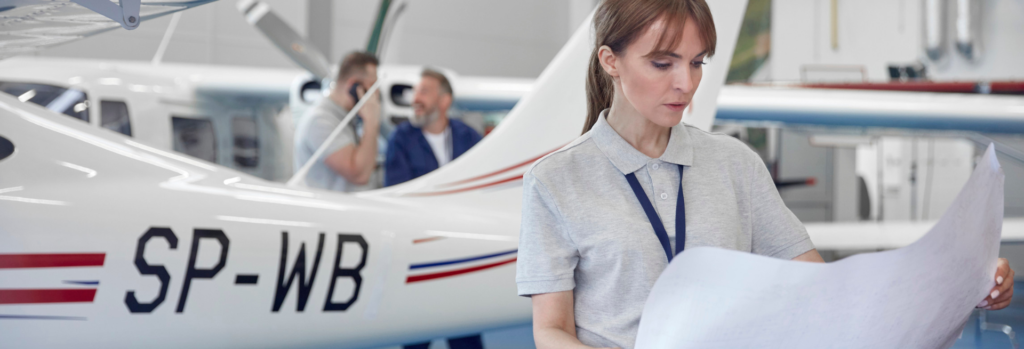COP27: How is Canada Accelerating Climate Action?
Recently, Canadian representatives attended COP27 to discuss the actionable steps to implement to...

Aircraft propulsion is based on combustion engines that use oil as an energy source. This technology greatly impacts the environment through the emission of pollutants such as carbon monoxide and nitrogen oxides as well as the emission of greenhouse gases, the main element of which is carbon dioxide. Today, aviation accounts for more than 2% of global CO2 emissions.
Achieve carbon neutrality by 2050
To participate in the global effort committed by more than 120 countries to achieve carbon neutrality by 2050, aerospace operators have entered an era of innovation to change the paradigms of this industry and electric aircraft concepts are thus being considered.
Indeed, electric propulsion highlights the potential for the future and promises to make flights quieter, potentially safer, and especially reduce greenhouse gas emissions.
However, commercial operation faces fundamental technology gaps that aerospace operators need to work on in order to fill in the technology gap with electric propulsion. Weight considerations are among the main challenges, due to components such as batteries and their densities, electric motors, generators and converters.

Experimenting with hybrid electric propulsion
Although most aircraft under development are fully electric with only batteries as the power source, the most important developments are currently experimenting with hybrid electric propulsion which can help increase system reliability and power distribution. Small aircraft systems are used as a means for experimental scale-up studies considering reduced power levels compared to commercial transport aircraft using turbofans.
The company Ampaire recently carried out an experimental flight of 1,880 mile mission with an EEL hybrid-electric demonstration aircraft (Cessna) equipped with a conventional combustion engine and an independent electric transmission. The EEL has demonstrated fuel savings of up to 40% compared to a standard Cessna Skymaster, on which it is based.
Recently the National Research Council Canada and its aerospace research division implemented a hybrid electric motor system on a Cessna 337. They replaced the aircraft’s original rear engine with an all-electric propulsion system comprising an electric motor, battery and related systems. The prototype is also equipped with electrical systems powered by the highest voltage ever implemented on an aircraft.
Hybrid propulsion technology appears to be showing its rapid evolution to bring the benefits of electrification to aviation markets. The aerospace industry is therefore following the same path as the automotive industry, which has experienced progressive development from hybrid vehicles to fully electric vehicles.

These technological advancements will help develop certification standards for emerging markets for electric aircraft, including urban air mobility vehicles, which also rely on complex electric propulsion systems.
The rhythm of development activity is accelerating and the aerospace landscape is changing rapidly. Developing lightweight and less bulky systems to ensure the autonomy and endurance of long-time electric aircraft are challenges to overcome.
Want to know if your projects can benefit from governmental fundings ? Contact our experts now !
Sources :
Explore our latest insights
More arrow_forward
Recently, Canadian representatives attended COP27 to discuss the actionable steps to implement to...

Human-Machine Collaboration has become an essential part of the manufacturing industry. This coll...

Recent announcements demonstrate that the SR&ED program is now under review. The government w...

Edge computing has emerged as a compelling solution by enabling localized data processing and red...